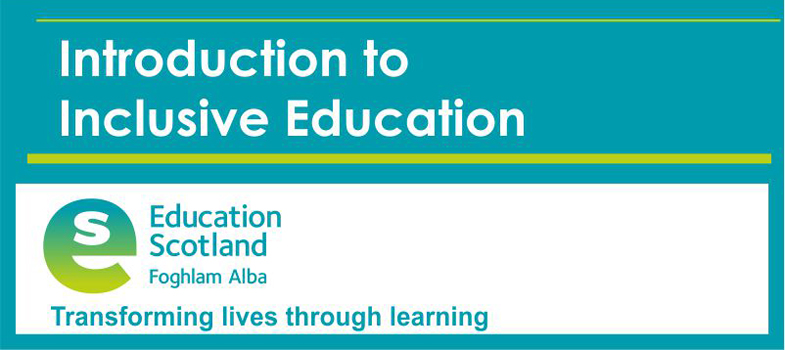Health and disability
Establishments should identify those children and young people with health conditions and disabilities, and school management should know how many there are and the year groups and classes they are in. For example, additional support is required to meet the needs of a child or young person who has a motor or sensory impairment, specific language difficulty, fetal alcohol spectrum disorder, autism spectrum disorder or has learning difficulties. Children with a low birth weight may have additional support needs. Mental health and wellbeing issues such as anxiety, eating disorders and depression can disrupt learning and may lead to additional support being required, for example from child and adolescent mental health services (CAMHS), or local counselling services to ensure benefit from school education.
Appropriate reasonable adjustments should be in place, including in transition planning and effective collaborative partnership working should be in place, for example with Allied Health Professionals.
Key principles in supporting all such learners are based on good communication between ELC practitioners, class teachers and specialist staff, involvement of parents and learners in decision making and careful tracking and monitoring of progress and achievement. Expectations of learning and achievement should be high.
Supporting learners and families where English is spoken as a second language
